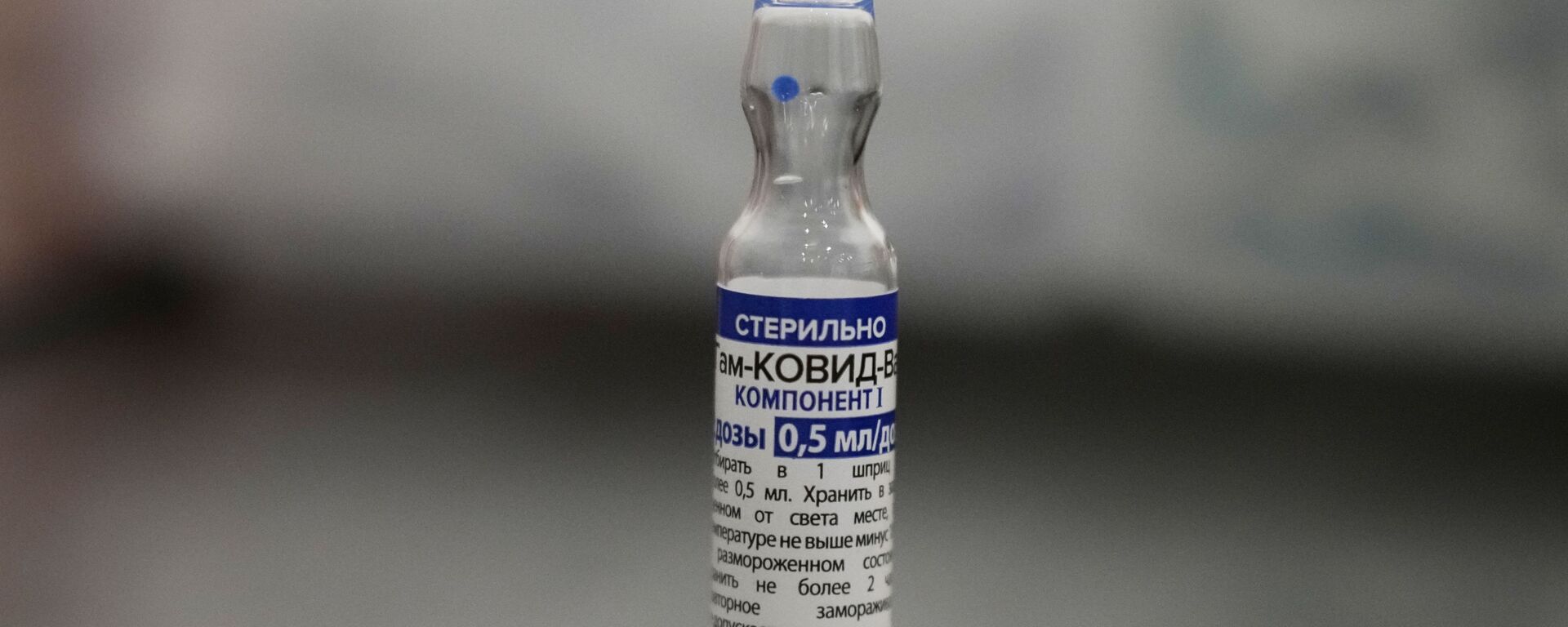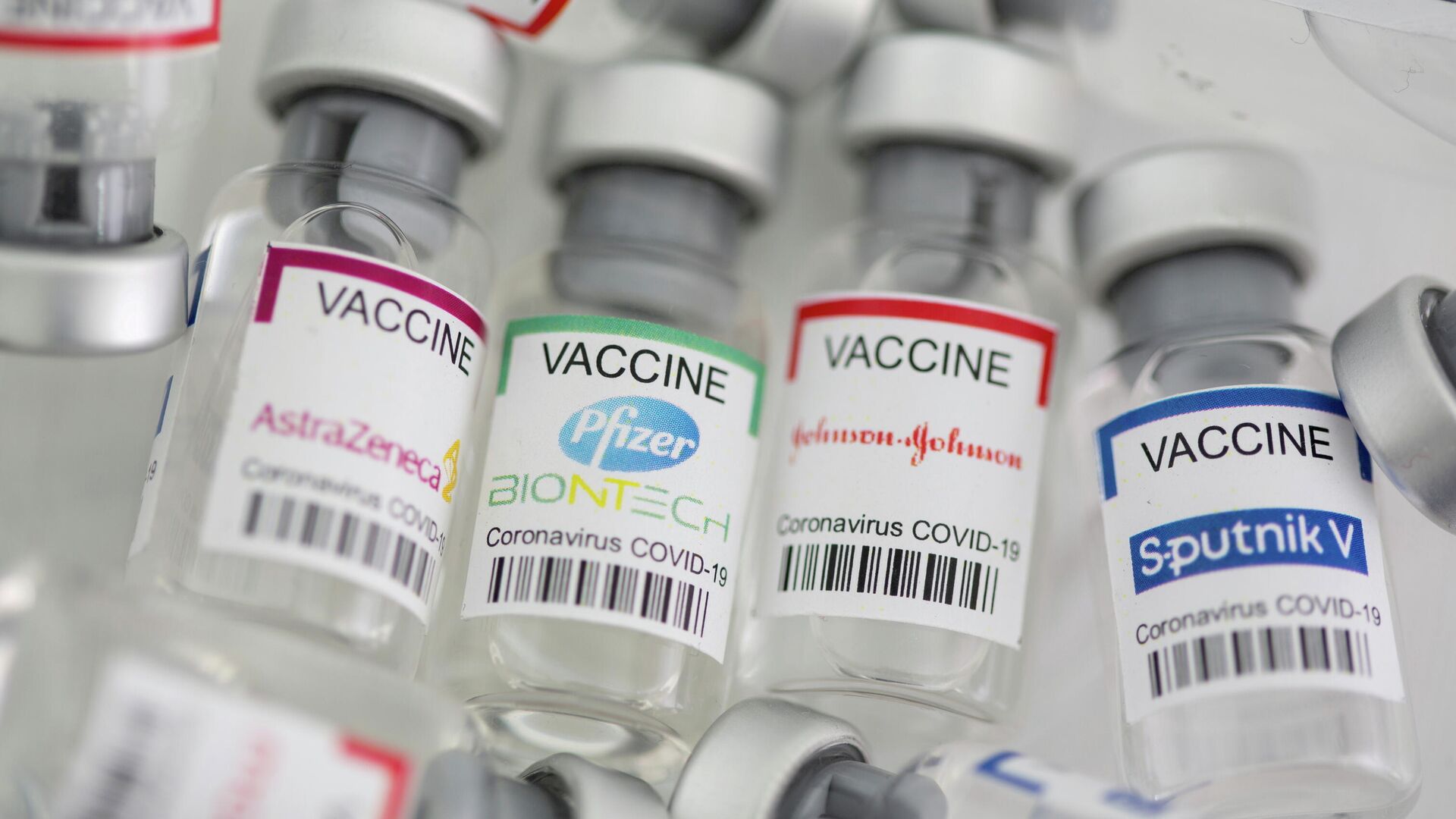https://sputnikglobe.com/20211010/russias-lavrov-urges-eu-to-act-reasonably-on-mutual-recognition-of-vaccine-certificates-1089821046.html
Russia’s Lavrov Urges EU to Act Reasonably on Mutual Recognition of Vaccine Certificates
Russia’s Lavrov Urges EU to Act Reasonably on Mutual Recognition of Vaccine Certificates
Sputnik International
BELGRADE (Sputnik) - The Russian foreign minister urged the European Union on Sunday to act reasonably as talks on the mutual recognition of COVID-19 vaccine... 10.10.2021, Sputnik International
2021-10-10T22:00+0000
2021-10-10T22:00+0000
2021-10-10T22:00+0000
sergey lavrov
russia
vaccination
european union (eu)
covid-19
sputnik v vaccine
https://cdn1.img.sputnikglobe.com/img/07e5/0a/0a/1089821020_0:195:3022:1895_1920x0_80_0_0_a488550062415be931b539784e8c1e5d.jpg
The Russian Health Ministry told Sputnik this week that it had submitted to the EU documents for mutual recognition of coronavirus vaccination certificates, adding representatives of the EU regulator may pay a visit in December as part of the Sputnik V vaccine certification procedure.The top Russian diplomat spoke in Belgrade after a meeting with Serbian President Aleksandar Vucic, who thanked Lavrov for his country’s contribution to the fight against the coronavirus pandemic."We received the first and second components of the Sputnik V vaccine during the Covid crisis… We remember who stood by us during these difficult times," Vucic told reporters.Serbia launched industrial production of Russia's Sputnik V vaccine for domestic use in June and plans to complete the full manufacturing cycle by the end of the year.Sputnik V is currently authorized for use in 70 countries with a total population of four billion people, or 50% of the world's population.The vaccine efficacy was 97.6% based on the analysis of data of 3.8 million vaccinated Russians, which is higher than the data published earlier by medical journal The Lancet (91.6%), according to Russian Direct Investment Fund (RDIF) and the Gamaleya Institute.
https://sputnikglobe.com/20211005/russias-sputnik-v-vaccine-developer-hopes-to-receive-who-approval-before-2022-1089682789.html
russia
Sputnik International
feedback@sputniknews.com
+74956456601
MIA „Rosiya Segodnya“
2021
Sputnik International
feedback@sputniknews.com
+74956456601
MIA „Rosiya Segodnya“
News
en_EN
Sputnik International
feedback@sputniknews.com
+74956456601
MIA „Rosiya Segodnya“
Sputnik International
feedback@sputniknews.com
+74956456601
MIA „Rosiya Segodnya“
sergey lavrov, russia, vaccination, european union (eu), covid-19, sputnik v vaccine
sergey lavrov, russia, vaccination, european union (eu), covid-19, sputnik v vaccine
Russia’s Lavrov Urges EU to Act Reasonably on Mutual Recognition of Vaccine Certificates
BELGRADE (Sputnik) - The Russian foreign minister urged the European Union on Sunday to act reasonably as talks on the mutual recognition of COVID-19 vaccine certificates showed no signs of progress.
The Russian Health Ministry told Sputnik this week that it had submitted to the EU documents for mutual recognition of coronavirus vaccination certificates, adding representatives of the EU regulator may pay a visit in December as part of the Sputnik V vaccine certification procedure.
"We see their biased, politicized attitude to Russian vaccines," Sergey Lavrov told a news conference in Serbia, adding he hoped that "common sense will prevail."
The top Russian diplomat spoke in Belgrade after a meeting with Serbian President Aleksandar Vucic, who thanked Lavrov for his country’s contribution to the fight against the coronavirus pandemic.

5 October 2021, 13:07 GMT
"We received the first and second components of the Sputnik V vaccine during the Covid crisis… We remember who stood by us during these difficult times," Vucic told reporters.
Serbia launched industrial production of Russia's Sputnik V vaccine for domestic use in June and plans to complete the full manufacturing cycle by the end of the year.
Sputnik V is currently authorized for use in 70 countries with a total population of four billion people, or 50% of the world's population.
The vaccine efficacy was 97.6% based on the analysis of data of 3.8 million vaccinated Russians, which
is higher than the data published earlier by medical journal The Lancet (91.6%), according to Russian Direct Investment Fund (RDIF) and the Gamaleya Institute.




